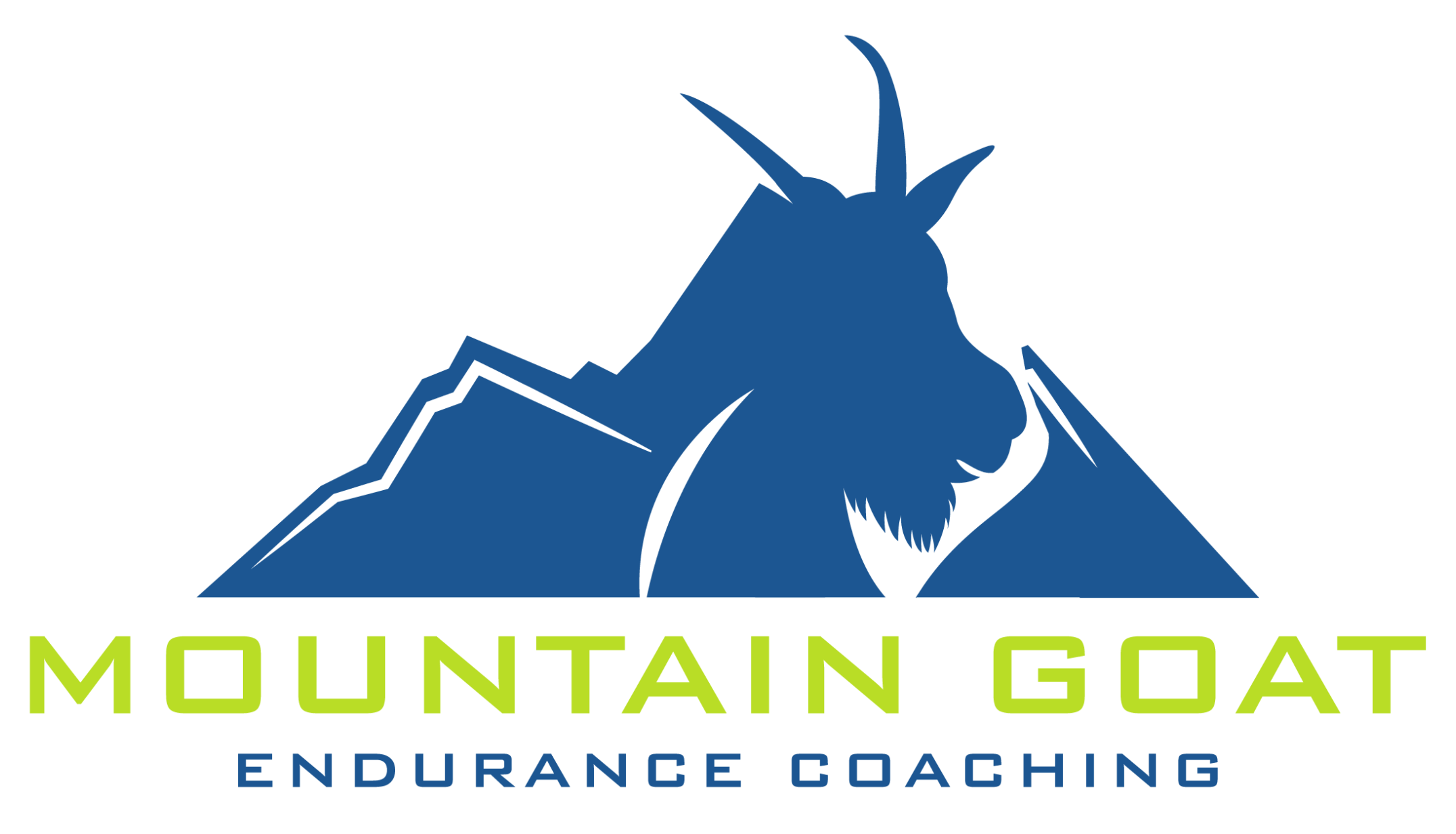In today’s edition of the “Want to get faster?” series, let’s look at the thing most of us completely overlook.
Recovery.
A lot of us don’t get faster because we just don’t recover enough.
When it comes to training, we don’t improve during the training.
We improve as a result of recovering from the training.
Training is a form of stress that we apply to our bodies in order to stimulate a recovery process that will hopefully lead to an adaptation.
So if our goal is to get faster…
Our first step would be to apply a stressor, maybe in the form of a speed workout.
At the end of that workout, we’re a little run down and tired and our body is actually in worse shape than it was at the beginning of the training session.
Then, if we applied an appropriate amount of stress, our body will rebuild a little better and a little stronger, which leads to improved performance over time.
Yet a lot of us don’t ever allow that recovery process to happen.
We race every other weekend.
We don’t sleep enough.
We don’t eat enough.
We do too many heavy training sessions in too short a timeframe.
And as a result, we just stay stagnant.
Or even worse, get injured.
As I heard Rebecca Rouse say on a podcast yesterday, “You’ll either choose to recover, or be forced to recover.”
And as someone who’s spent years in the “forced to” camp, I’ve been seeing a lot more progress since switching to the “choose to” side.
Now, there are many different strategies when it comes to training and multiple ways we can try to achieve similar adaptations.
And sometimes, we will intentionally dig ourselves into a bit of a hole before allowing the body to fully repair.
But at some point, the repair has to happen.
If we ignore that, then we’re unlikely to see the results we want.
So if you’re going all out on a marathon every couple of months and wondering why you can’t seem to make any improvements…
That’s probably why.
Because you’re constantly in this limbo between stress and recovery and your body never has the chance to fully adapt.
Now I recognize people race for different reasons.
If you love getting together at races and appreciate being a part of the community, then I think that’s great.
I’m not telling you to stop doing that.
I’m just asking that you set realistic expectations for what that might mean in terms of your speed goals.
And that doesn’t just apply to racing.
I say the same thing about doing multiple speed sessions in a single week.
Or constantly cutting sleep short in order to get that extra training session.
Or failing to prioritize food.
Or ignoring hydration.
If we really want to get faster, then we have to prioritize the recovery that allows that to happen.
And to be clear, recovery largely comes from rest, sleep, food, hydration, and stress relief.
If we aren’t doing those things well, then you could spend all day sitting in an infrared sauna with Normatec boots on, drinking green drinks and using massage guns, and you’d see very little in terms of improvement.
The boring basics are responsible for 99% of your recovery.
And if you’d rather do 20 races a year and sleep 5 hours a night, that’s great.
We just need to align our goals and our expectations – or else we’re going to continue to be confused and disappointed.
More is not always better.
More is just more.
If your primary goal is to run more races and get out there, then that’s great.
Go do that!
Please just recognize that you might be sacrificing some other things in order to pursue your goal of racing more – i.e., getting faster.
When our actions and expectations are misaligned, it often leads to disappointment.
I’m not trying to tell you what to do.
I’m just trying to help set realistic expectations so you can make an informed choice about your training.
